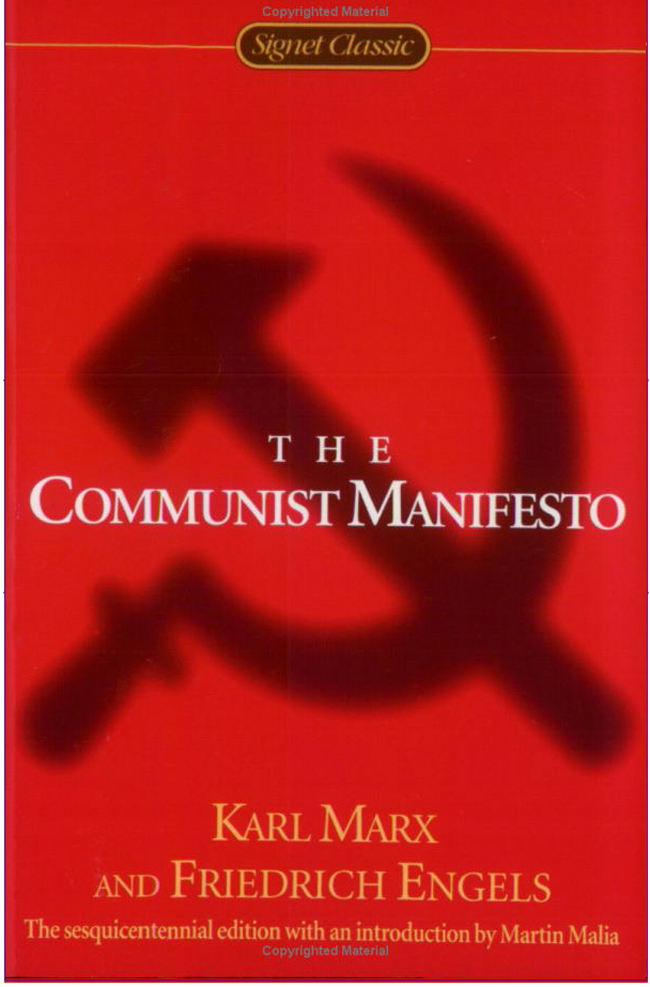The Coming End to Uncle Sam's Economic Ponzi Scheme?

Evidence continues to mount showing that the world has begun to run out of patience bankrolling Uncle Sam. On every relevant financial front - housing, oil, and debt - the news coming out of Sam's Plantation looks bleak.
With a federal debt of $8,384,958,789,853 and public debt dwarfing that breathtaking amount, Sam has maintained its profligate behavior. It has done so firstly by conspiring with the Saudis to make the petrodollar the only currency that can buy oil. This opportunity afforded Uncle Sam an incomparable incentive to leverage their currency's unique position into becoming the world's foremost a loan shark - forcing nations to send goods to the Plantation in exchange for dollars to buy oil.
But with the new Iranian oil bourse, the noose has loosened. Nations can now aquire oil with the more secure Euro instead of the dollar. This move undercuts Uncle Sam's debt-leverage scheme and contains the potential to precipitate a massive downward fall in the Greenback's value (the real reason for the coming attack on Iran).
We have other reasons to fear the coming economic collapse. Another pillar of Uncle Sam's fiscal shell game - the creation of fake money through real estate appreciation - stands on the precipice of collapse, too. Neil Irwin reports in today's Washington Post:
Uncle Sam predicates its whole economic policy on the willingness of others to finance a culture of wastefullness, greed, and debt. Japan, China, and the oil producing countries of the world have used dollars accumulated through trade or oil sales to buy US Government Bonds. But they, too, are moving away from this policy as Steve Johnson details in today's Financial Times:
With a federal debt of $8,384,958,789,853 and public debt dwarfing that breathtaking amount, Sam has maintained its profligate behavior. It has done so firstly by conspiring with the Saudis to make the petrodollar the only currency that can buy oil. This opportunity afforded Uncle Sam an incomparable incentive to leverage their currency's unique position into becoming the world's foremost a loan shark - forcing nations to send goods to the Plantation in exchange for dollars to buy oil.
But with the new Iranian oil bourse, the noose has loosened. Nations can now aquire oil with the more secure Euro instead of the dollar. This move undercuts Uncle Sam's debt-leverage scheme and contains the potential to precipitate a massive downward fall in the Greenback's value (the real reason for the coming attack on Iran).
We have other reasons to fear the coming economic collapse. Another pillar of Uncle Sam's fiscal shell game - the creation of fake money through real estate appreciation - stands on the precipice of collapse, too. Neil Irwin reports in today's Washington Post:
The U.S. economy is more dependent on housing than it has been in a half-century, as the sector fuels consumer spending and has accounted for nearly three-quarters of the nation's job growth in the past five years.When the real estate market wanes and nation's no longer must abide by Uncle Sam's debt-leverage scheme to buy oil, that's bad enough.
As a result, economists worry that the housing slowdown that began late last year could hurt the broader economy more than past real estate downturns, although other parts of the economy appear to be accelerating.
What makes the real estate boom of the past decade unusual is that its effects have reverberated far beyond closely related sectors such as construction, driving sales in places as varied as furniture stores and motorcycle showrooms, especially in the Washington area and others where home prices have soared particularly rapidly.
Uncle Sam predicates its whole economic policy on the willingness of others to finance a culture of wastefullness, greed, and debt. Japan, China, and the oil producing countries of the world have used dollars accumulated through trade or oil sales to buy US Government Bonds. But they, too, are moving away from this policy as Steve Johnson details in today's Financial Times:
The US dollar fell sharply on Tuesday, hitting a 10-week low against the euro, in spite of the absence of any overwhelming catalyst for the sell-off. The euro hit a record high against the yen.Especially when one considers the voracious racism demonstrated by Uncle Sam's henchmen during the Dubai Port deal and China's effort to buy Unocal, one can easily imagine a scenario where racism further induces foreign governments cut off their aid to Uncle Sam, thereby accelerating and intensifying the downward spiral of Sam's economic future.
Two major explanations were advanced for the dollar’s initial slide. One was a return of fears that Asian and Middle Eastern central banks may be about to diversify their reserves out of the dollar, re-opening the debate over the funding of the vast US current account deficit.
Cheng Siwei, a vice-chief of China’s National People’s Congress, started the ball rolling, saying: "China can stop buying dollar-denominated bonds, increase buying of US products and gradually reduce its holdings of US bonds..."
However, just hours later, Kuwait and Qatar joined the United Arab Emirates in suggesting that they might buy more euros, at the expense of the dollar....
Hans Redeker, head of currency strategy at BNP Paribas, argued that the comments were indicative of how the region’s private investors and government-run investment funds, which together carry much more clout, may act in the future.







<< Home